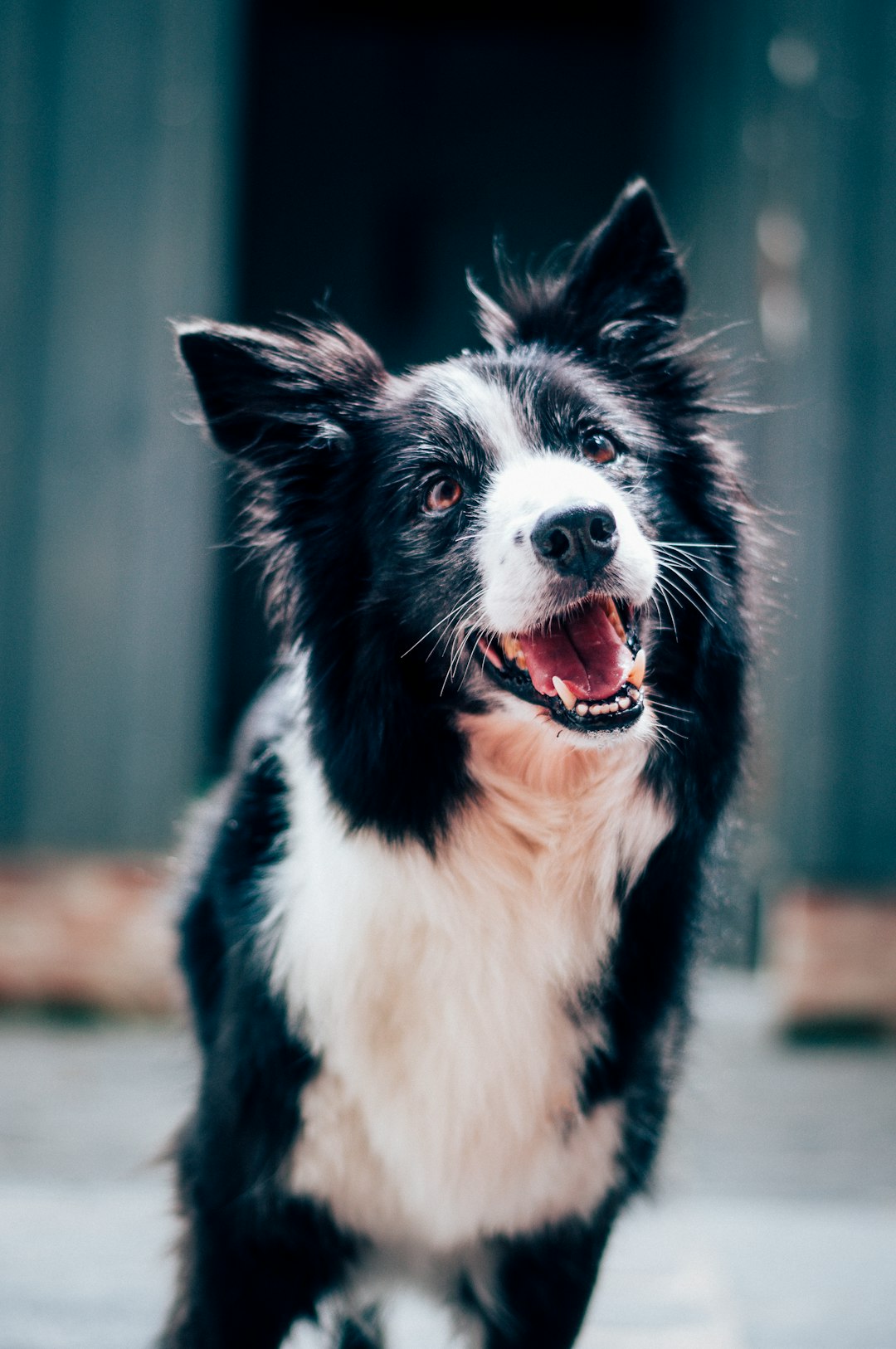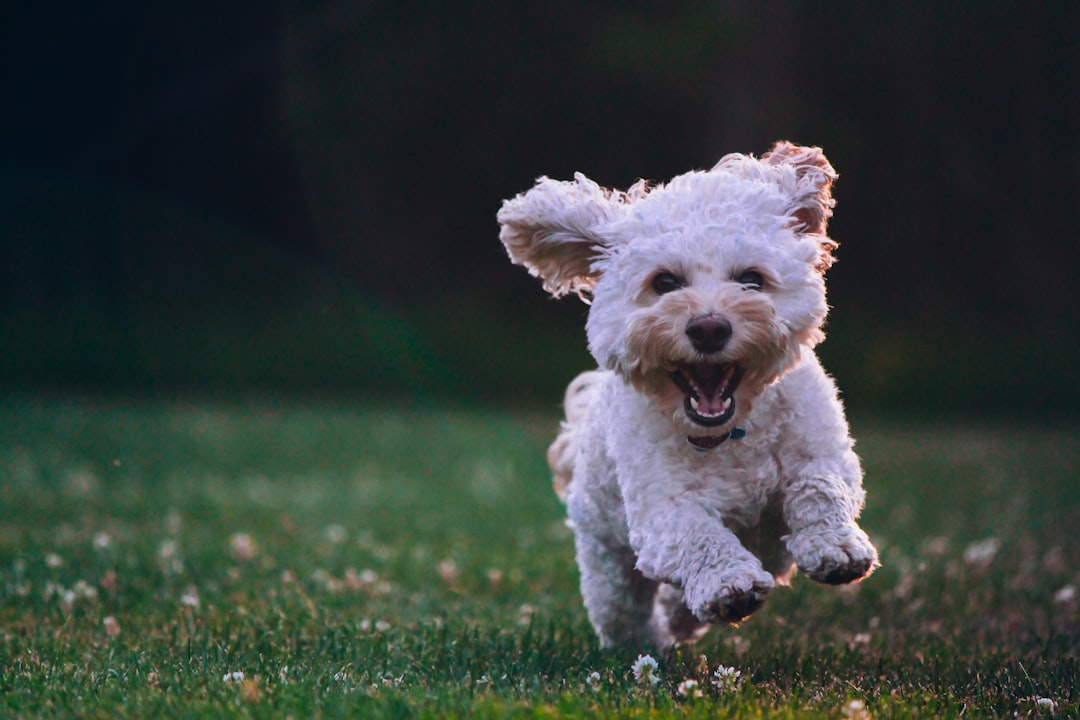What are the best ways to train my service dog?
Training a service dog is an important and rewarding journey. Whether you are training a dog to assist with physical tasks, provide emotional support, or detect medical conditions, it is crucial to use effective training methods to ensure your dog's success. In this blog post, we will explore some of the best ways to train your service dog.
1. Start with Basic Obedience Training
Before diving into specialized tasks, it is essential to establish a strong foundation of basic obedience training. Teach your service dog commands such as sit, stay, come, and heel. This will not only provide structure but also build a bond of trust between you and your dog.

2. Seek Professional Guidance
Consider enrolling in a professional dog training class or hiring a certified service dog trainer. These experts have the knowledge and experience to guide you through the training process and address any specific challenges you may encounter. They can offer personalized advice tailored to your dog's needs.
3. Use Positive Reinforcement
Positive reinforcement is a powerful tool in training service dogs. Reward your dog with treats, praise, and affection when they exhibit the desired behavior. This positive association will motivate your dog to repeat the behavior in the future. Avoid punishment-based training methods, as they can be detrimental to your dog's well-being.

4. Consistency is Key
Consistency is crucial in service dog training. Use the same commands, gestures, and rewards consistently to avoid confusion. Establish a regular training schedule and stick to it. Consistency will help your dog understand what is expected of them and accelerate the learning process.
5. Gradually Introduce Distractions
Once your service dog has mastered basic commands in a controlled environment, gradually introduce distractions. Start with mild distractions and gradually increase the level of difficulty. This will help your dog generalize their training and perform tasks reliably in various real-life situations.
6. Socialize Your Service Dog
Socialization is a critical aspect of service dog training. Expose your dog to different environments, people, animals, and situations. This will help them remain calm and focused while performing their tasks. Encourage positive interactions and reward your dog for appropriate behavior during socialization outings.
7. Practice Task-Specific Training
Depending on the specific tasks your service dog will perform, dedicate time to task-specific training. Break down complex tasks into smaller steps and gradually build up to the final behavior. Be patient and consistent throughout the process, rewarding your dog's progress along the way.
8. Regularly Assess and Reinforce Training
Service dog training is an ongoing process. Regularly assess your dog's performance and identify areas that need improvement. Reinforce previously learned behaviors to ensure they remain sharp. Remember, training should be a lifelong commitment to maintain your service dog's skills and well-being.
Conclusion
Training a service dog requires dedication, patience, and effective methods. By starting with basic obedience training, seeking professional guidance, using positive reinforcement, and maintaining consistency, you can set the foundation for a successful service dog. Remember to socialize your dog, practice task-specific training, and regularly assess their progress. With time and effort, your service dog will become a reliable companion, assisting you in various ways.
